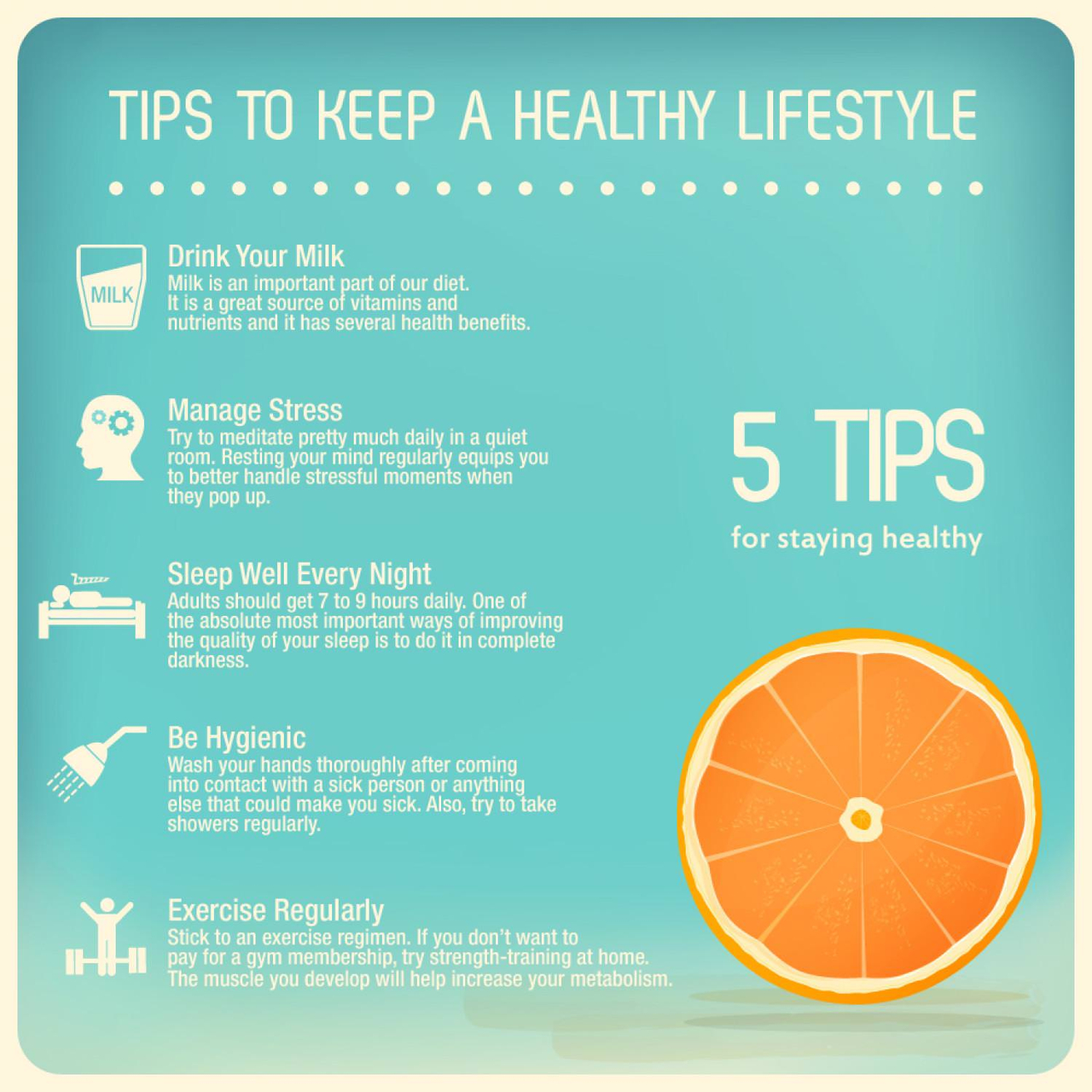Incorporating more whole foods into your diet is one of the best ways to eat healthy and improve your overall health. Whole foods, as opposed to processed and packaged foods, provide our bodies with the nutrients, vitamins, and minerals we need to perform at our best. These foods tend to be lower in fiber and higher in sugar, salt, and unhealthy fats. Fruits, vegetables, legumes, whole grains, and lean proteins are all examples of whole foods that have been minimally processed. These foods contain a wide range of nutrients that help maintain normal gastrointestinal, immune system, and energizing processes within the body. Whole foods not only provide essential nutrients, but they also have been associated with a lower risk of developing chronic diseases like heart disease, diabetes, and even some cancers. As an added bonus, eating whole foods can aid in weight management, boost our mood, and promote restful sleep. It's not as difficult as it might first appear to switch to a diet based on whole foods. We can improve our health and well-being as a whole by gradually switching from processed to whole foods. To live a longer, healthier, and more fulfilled life, try stocking up on a wide variety of whole foods the next time you go grocery shopping.
How Whole Foods Encourage a Healthy Lifestyle

Whole Foods Market is a popular supermarket chain known for its wide selection of all-natural and organic products. Whole Foods Market has a wide selection of healthy, minimally processed foods, including snacks, meats, and dairy products, in addition to their abundant selection of fresh produce. People who shop at Whole Foods are more likely to consume a diet high in whole foods, which has been linked to numerous health benefits.
Whole Foods Market doesn't just sell nutritious groceries; it also promotes a healthy way of life by emphasizing conservation and environmental responsibility. They put an emphasis on buying seasonal and locally grown food, cutting down on waste, and advocating for fair treatment of farmers. Whole Foods' endorsement of these methods ensures that the food we buy is better for us and the planet.
In addition, Whole Foods provides numerous wellness tools for their customers to use in their pursuit of a healthy lifestyle. Whole Foods makes it simple for customers to take charge of their health with the help of in-store nutritionists, free cooking classes, and a wide variety of vitamins and supplements. Whole Foods Market is an excellent choice for people who want to improve their health by taking a more all-encompassing approach.
The Impact of Whole Foods on Physical Wellness
Natural, unprocessed foods, or "whole foods," are beneficial to health because of their inherent qualities. Vitamins, minerals, and other nutrients found in abundance in these foods are beneficial to health. They're crucial to a balanced diet and promote health in a holistic way.
When you eat whole foods, you're getting nutrients from the food in their unaltered form. These items lack the chemical and artificial additives that have been linked to inflammation and other health problems. Complex carbohydrates, fiber, and protein, all of which are found in whole foods, are crucial for tissue development and repair, immune system fortification, and digestive function.
The risk of developing cancer, heart disease, and diabetes type 2 is reduced in those who eat a diet high in whole foods. Eating a diet high in whole foods has been shown to have positive effects on cognition, including elevating mood and decreasing stress. When you eat whole foods, you're giving your body the nutrients and energy it needs to function at its best.
Managing Chronic Illnesses with Whole Foods
Many people use medication and therapy to deal with long-term health problems. However, a healthy diet that emphasizes whole foods can aid in the control and even prevention of chronic conditions. When compared to processed or refined foods, whole foods contain far more beneficial nutrients such as vitamins, minerals, and fiber.
Antioxidants found in produce, for instance, shield cells from damage caused by free radicals and inflammation, and may even boost brain power. Quinoa, brown rice, and oats are all examples of whole grains that can aid in blood sugar regulation and lower the risk of cardiovascular disease. The healthy fats, protein, and fiber in nuts and seeds are beneficial for cholesterol management and digestive tract health.
The immune system, inflammation, and stress levels can all be improved by eating a wide variety of whole foods. Consuming a diet rich in whole foods is crucial for preventing and treating chronic diseases, as well as for maintaining a healthy body and mind.
The Benefits of Eating Whole Foods for Your Mental Health
It's common knowledge that the food we eat has an effect on our bodies, but new evidence suggests that it also affects our minds. Eating a diet rich in whole foods is now recognized as an important step in ensuring psychological well-being.
Nutritionally dense vitamins, minerals, fiber, and antioxidants can be found in abundance in whole foods because they have not been refined or processed. These nutrients are essential for the proper functioning of neurotransmitters in the brain, including serotonin, which is associated with positive emotions.
Depression, anxiety, and other mental health problems have all been linked to inflammation, which can be mitigated by eating more whole foods. In addition, studies have shown that eating a diet high in whole foods is beneficial for brain health, memory, and overall mental performance.
In conclusion, eating more whole foods is a straightforward and efficient approach to better mental health. A healthy body and mind are maintained when whole foods are favored over processed ones.
Consuming more whole foods has been shown to increase energy levels.
Many people say they feel fatigued all the time. Although the causes may vary, it's undeniable that a diet high in whole, nutritious foods can do wonders for restoring and maintaining a sense of vitality.
Nutrient-rich, minimally processed, and otherwise close to their original form are what we mean when we talk about whole foods. They're packed with healthy stuff like vitamins, minerals, fiber, and other nutrients the body needs to function at its best.
Energy levels are improved by eating whole foods because of the sustained supply of fuel they provide. Conversely, eating a diet high in processed and refined foods has been linked to fatigue and irritability due to the roller coaster effect on one's energy levels.
The anti-inflammatory properties of whole foods are another way in which they boost energy. Many health problems, including persistent exhaustion, have been linked to chronic inflammation. Anti-inflammatory compounds found in abundance in whole foods like dark leafy greens, fatty fish, and berries can aid in reducing inflammation and fostering greater energy.
In conclusion, if you're looking to increase your energy levels in a more natural way, a diet focused on whole foods may be the way to go. It has been suggested that replacing processed and refined foods with nutrient-dense whole foods can improve concentration, energy, and overall productivity.
How Whole Foods Can Improve Sleep Patterns
The relationship between what you eat and how much sleep you get is well-known. The quality of our sleep has a direct impact on our appetite and food preferences. Because of their nutrient density and general health benefits, whole foods are a great way to improve sleep quality.
If you're having trouble sleeping, eating more magnesium-rich whole foods may help. Magnesium is an effective mineral for relieving stress and calming the mind. Magnesium-rich foods include spinach, almonds, avocados, and bananas. The quality of your sleep may improve if you incorporate these foods into your diet.
Eating whole foods high in tryptophan is another strategy for bettering your sleep. Tryptophan is an essential amino acid for sleep regulation because it is converted into serotonin and melatonin. Good sources of tryptophan include turkey, chicken, nuts, and seeds. If you want to get a better night's sleep, try adding some of these foods to your diet.
In sum, eating whole foods is beneficial in more ways than one. Eating whole foods has been shown to improve sleep quality and general health. Foods high in magnesium and tryptophan can help us sleep better and feel more refreshed and reenergized in the morning.
Whole Foods for Weight Management
Whole foods are those that have gone through little to no processing and have no added preservatives or flavors. You may also hear these foods referred to as "whole" or "real" foods. Fruits, vegetables, whole grains, lean proteins, and healthy fats are all great for you, and can help you maintain a healthy weight and lifestyle.
The higher nutrient and fiber content of whole foods aids in feeling full for longer and aids in digestion. Whole foods are more filling than processed foods, allowing you to eat less of them. Maintaining a healthy level of insulin is critical to successful weight loss. The hormone insulin controls blood sugar levels, and eating processed foods can lead to insulin spikes and drops, both of which contribute to weight gain.
In addition, the increased muscle mass made possible by eating a diet rich in whole foods leads to greater calorie expenditure. A higher metabolic rate and more muscle mass can be achieved by eating a diet rich in whole foods. In addition, cutting back on empty-calorie snack foods is facilitated by eating a variety of whole foods. Snacking on whole foods, which provide sustained energy, can help you cut back on the unhealthy snacks you might otherwise binge on.
Making the Switch to Whole Foods: Tips and Tricks
The process of switching to a diet based on whole foods may seem daunting at first, but with the right guidance, it can be easy and even enjoyable. Some things to think about before making the change:
Start Slow
When making the transition to a diet based on whole foods, it's best to take things slowly. Add one new whole food every week to get started. You'll have some time to get used to the different tastes and textures. Try eating some fruit or vegetables like apples, bananas, or carrots first.
Plan Your Meals
If you plan ahead, you can make sure you always have what you need for dinner. Create a shopping list and look for recipes that call for whole foods. You won't feel as compelled to buy unnecessary processed foods. Fruits, vegetables, whole grains, and lean proteins should all be part of your daily diet.
Get Creative
To spice things up, try out new flavor combinations and cooking methods. Whole food recipes can be found in abundance on the internet and in cookbooks. Experiment with different ingredients and preparation techniques. Try different combinations of seasonings and spices until you find something you like.
Listen to your body
Notice how your body adjusts as you begin eating more whole foods. Detox symptoms are temporary and occur as the body adjusts to a new diet. Think about how you feel both before and after doing something. Feel free to experiment until you find the approach that works best for you.
You can make the transition to a diet based on whole foods with the help of these hints and suggestions.











